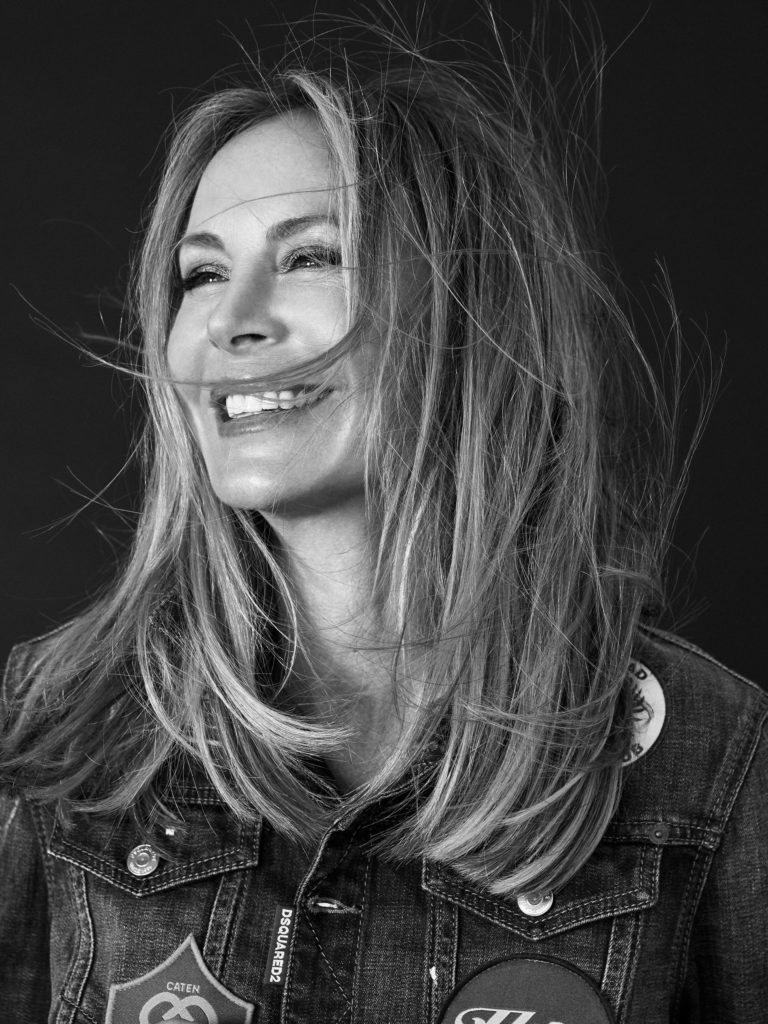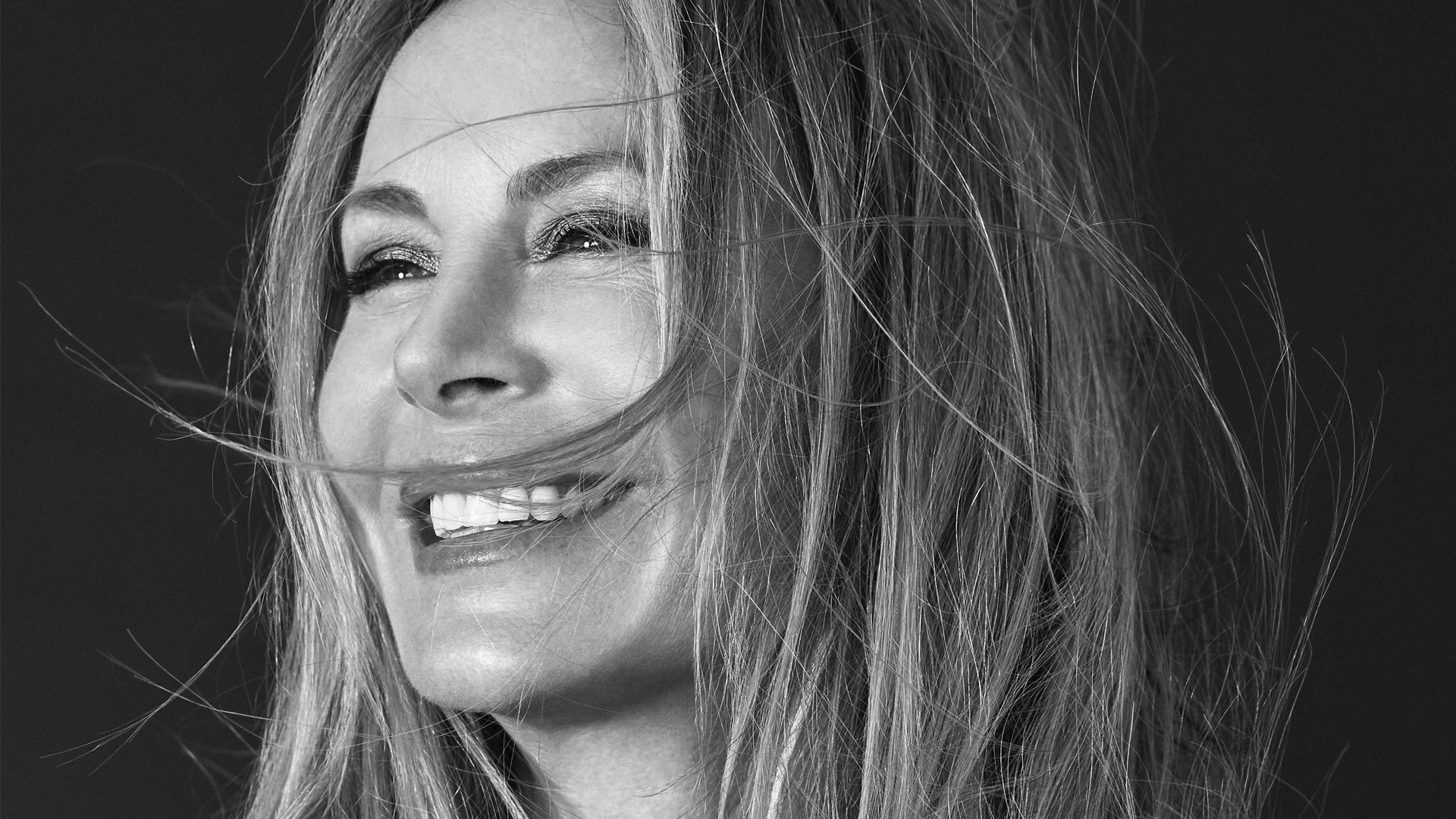
Editing by { Marie Look
Profile by { Kate Jacobson
Photography by { John Russo
John Russo’s new photography book spotlights 100 inspiring individuals and the charities that ignite their passions.
Having a child with autism changes you. Dee Ocleppo Hilfiger knows this firsthand. In 2011, her son Sebastian was diagnosed with autism, just like his older brother and stepsister. She and her husband, fashion designer Tommy Hilfiger, have a blended family of seven children, three of whom are on the spectrum. The Hilfigers had questions, but found only a limited number of resources.
“At first we were sad, then we were mad,” she says. “Then we just knew we had to do something.” Now, the couple sits on the board for Autism Speaks and they are active fundraisers for autism research. Hilfiger says her family knows what it’s like to wake up every day facing the difficulties of autism and has dedicated her life to finding answers about the somewhat mysterious diagnosis.
“What speaks to us about this cause is how little is spoken about it,” she says. “Autism is a very serious issue that affects more and more families every year. People have been afraid to talk openly about this issue for a long time.”
One of Hilfiger’s proudest accomplishments has been creating one of the world’s largest genomic databases on autism. The project, called MSSNG, was founded by Autism Speaks and Google. The goal is to sequence the DNA of 10,000 families affected by autism, with the hope researchers from all over the world, who can access the information for free, will be able to find a commonality. It’s already led to new discoveries about the disorder that affects thousands of people worldwide, although the causes and a treatment or cure remain elusive.
While Hilfiger admits having children on the spectrum presents unique challenges, she doesn’t consider them to have special needs. She says she is going to do whatever is in her power to help find answers for a condition so fundamental to her life.
“We believe research is the most important aspect of what is needed to find a cure,” she says. “There are still too many unknowns as to why someone is affected by autism and why the numbers keep growing.”

